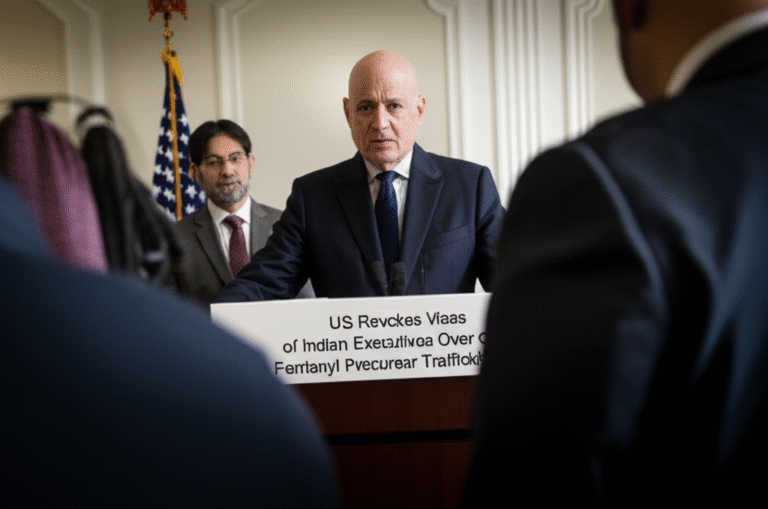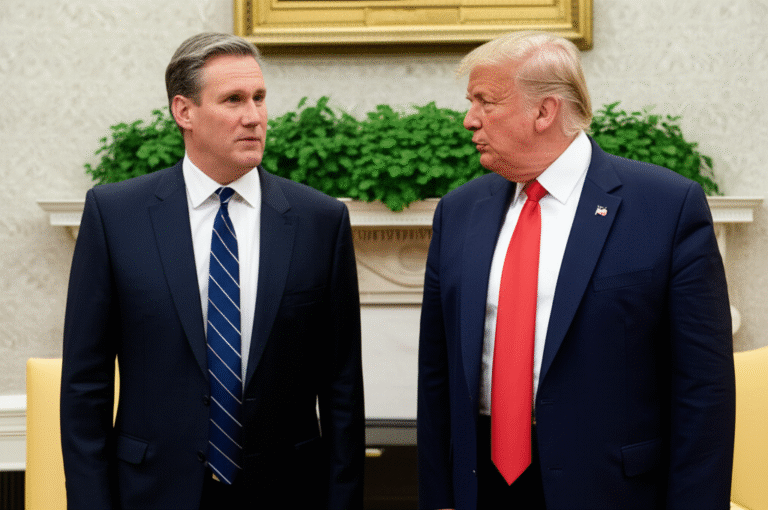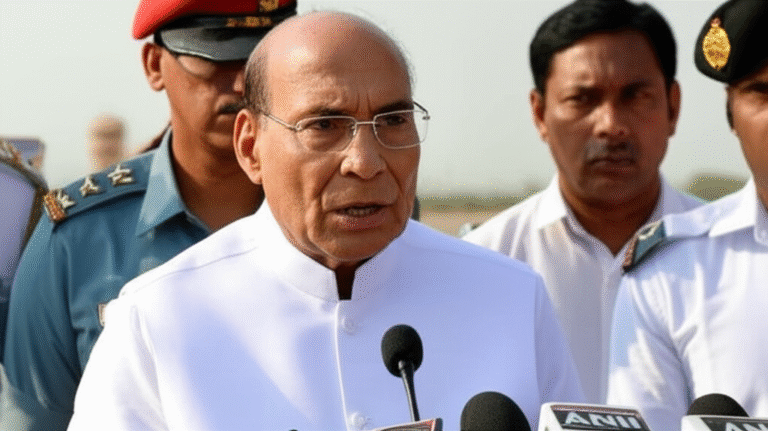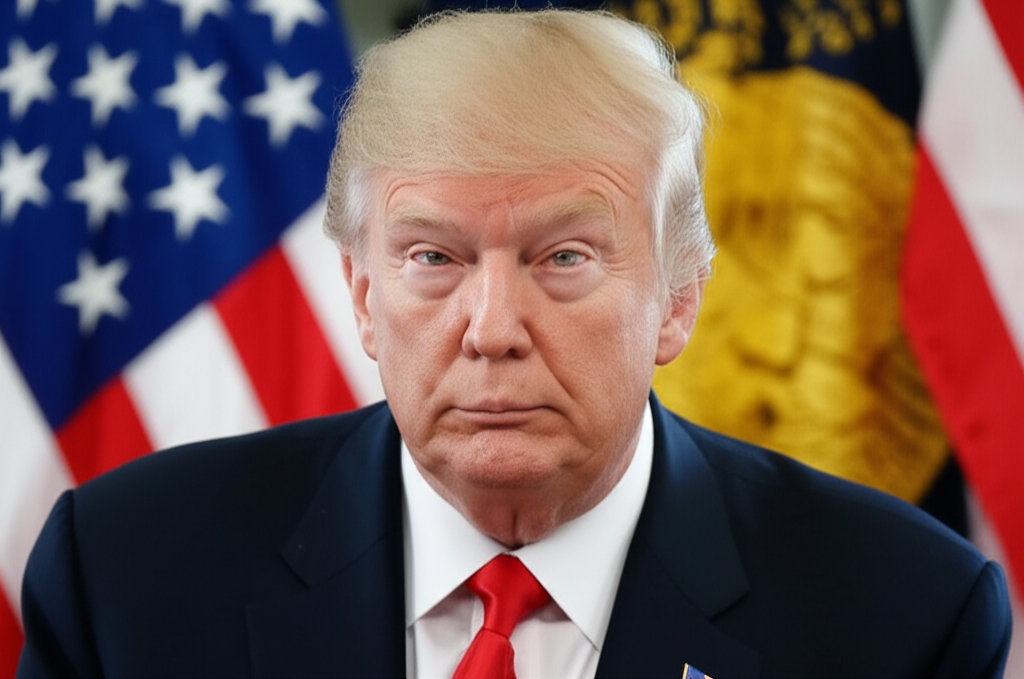
While America’s president was undertaking a state visit to Britain, a striking political paradox became evident. Despite the pronounced unpopularity of Donald Trump in Britain, the ideological currents associated with his political movement, collectively known as Trumpism in Britain, demonstrated significant and observable vitality. This divergence between the leader’s personal reception and the thriving nature of his political philosophy was underscored by a major public demonstration. During this period, the political landscape of the nation revealed a dynamic where specific populist sentiments were garnering considerable support among certain segments of the populace, even as the figurehead himself faced widespread public disapproval.

The Paradox of Presidential Unpopularity
The presence of America’s president on a state visit typically involves diplomatic protocols and public engagements. However, the visit occurred in a land where Donald Trump was noted as unpopular. This public sentiment suggests a broad lack of favorable opinion towards the American leader among the British populace. Such unpopularity can manifest in various forms, including public discourse, media representation, and general public reception, creating a notable backdrop for official diplomatic interactions. The contrast between the formal recognition of a head of state through a state visit and the prevailing public sentiment highlights a complex political environment, where official relations proceed against a current of widespread public disfavor regarding the visiting leader’s persona or policies.
Trumpism’s Resurgence in Britain
In stark contrast to the personal unpopularity of the president, the broader ideological framework referred to as Trumpism was observed to be thriving. This indicates that while the individual may not command widespread approval, the underlying principles or a similar style of populist politics are resonating with a notable segment of the population. The thriving nature of this political ideology suggests a growing acceptance or mobilization around ideas that align with the characteristics of the Trumpist movement. This phenomenon illustrates that political ideologies can gain momentum independently of the direct popularity of their most prominent exponents, suggesting a deeper ideological shift or awakening within parts of the British political landscape.
Calls to “Make England Great Again”
A key indicator of this burgeoning ideological trend was the emergence of growing calls to “Make England Great Again.” This slogan, directly paralleling a prominent phrase from the American political scene, signifies a domestic movement seeking a similar form of nationalistic rejuvenation. The adoption and propagation of such a phrase point to a desire among certain groups for a return to perceived past glories or a reassertion of national identity. These growing calls suggest a significant political current that champions national self-interest and a re-evaluation of the nation’s global standing, indicating a robust and vocal expression of specific political aspirations within the country.
A Major Rally in London
Concrete evidence of this growing movement manifested in a significant public gathering. On September 13th, a rally took place in London, drawing a substantial crowd. The event saw as many as 150,000 people join. This level of participation underscores the capacity for large-scale mobilization among those aligned with the prevailing sentiment. Such a substantial turnout at a single event in the capital city represents a powerful demonstration of support for the associated causes and figures, signaling a formidable presence on the national political stage and highlighting the collective strength of these sentiments in the public sphere.
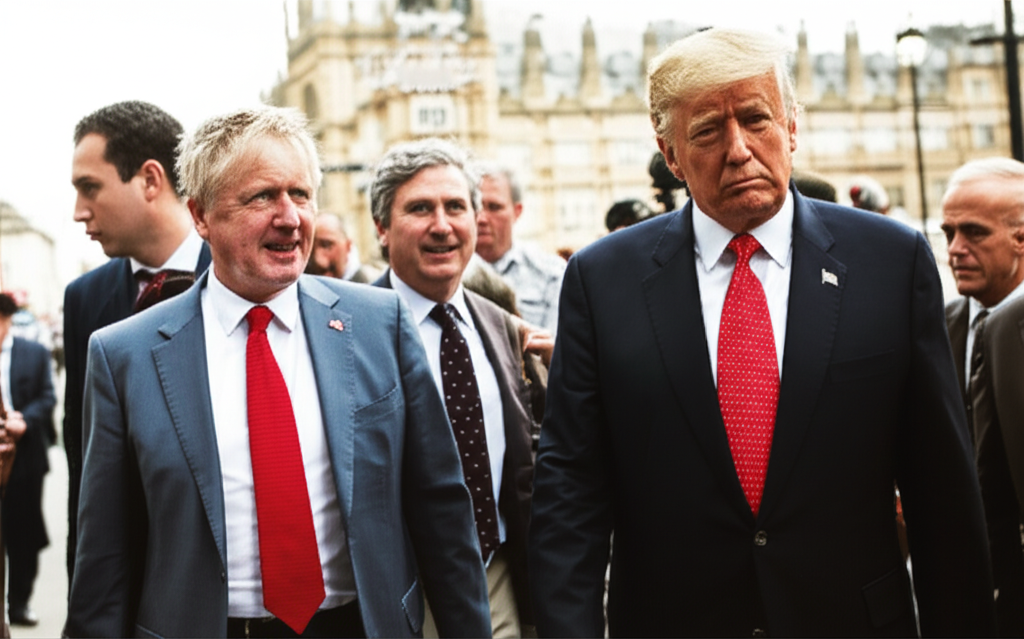
The Role of a Far-Right Campaigner
The rally in London was specifically joined by Tommy Robinson, identified as a far-right campaigner. His involvement and the considerable attendance at the event highlight the ability of such figures to galvanize significant public support. The association of a far-right campaigner with an event drawing 150,000 people further illustrates the specific ideological leanings that are gaining traction. This mobilization around a figure associated with the far-right signifies that particular political narratives and agendas are resonating with a considerable segment of the public, pointing to the organized and impactful nature of these movements.
Background
The state visit of America’s president to Britain coincided with a period of observable domestic political shifts. Despite the president’s noted unpopularity, the principles akin to Trumpism were seen to be flourishing. This dynamic was visibly demonstrated by growing calls for nationalistic resurgence, culminating in a large-scale public rally. This sequence of events, occurring concurrently with the presidential visit, painted a clear picture of divergent public and political sentiments within Britain.
What’s next
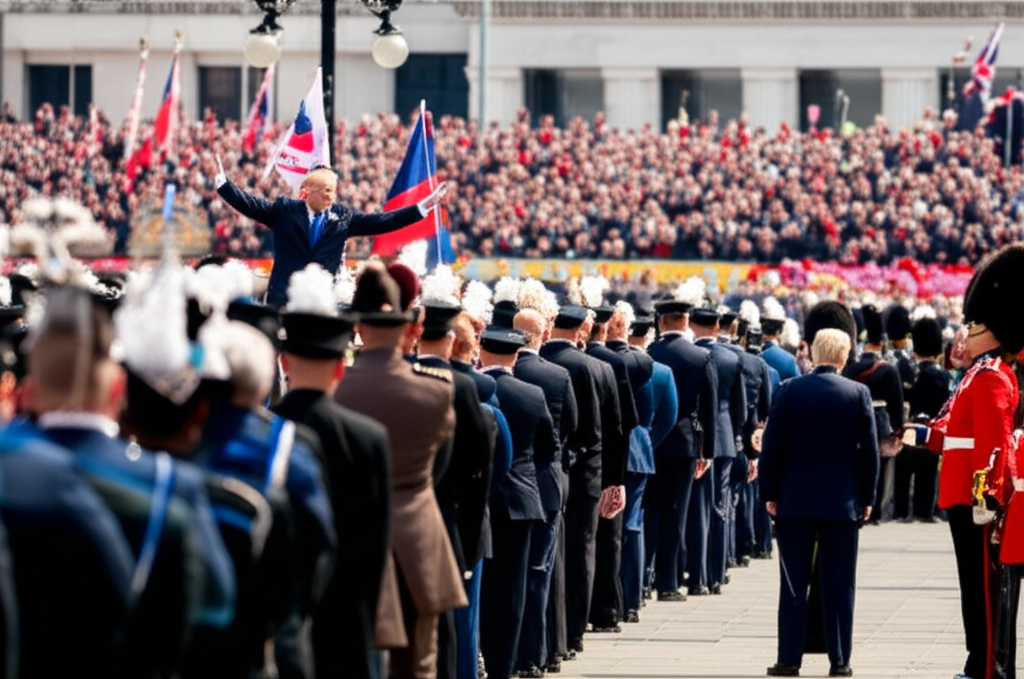
The visible thriving of Trumpism in Britain, evidenced by significant public mobilization around far-right figures and nationalistic slogans during a presidential state visit, suggests ongoing ideological and political evolution. The continued prominence of such movements, even amidst public disapproval for their perceived inspirations, indicates that these sentiments are deeply embedded and capable of sustained public expression. This situation implies a persistent political undercurrent that could continue to shape public discourse and national politics.
- Donald Trump is considered unpopular in Britain.
- The ideology known as Trumpism is thriving.
- There are growing calls to “Make England Great Again.”
- A rally in London on September 13th drew up to 150,000 people.
- Tommy Robinson, a far-right campaigner, was joined by attendees at the rally.
The dichotomy between the unpopularity of America’s president and the burgeoning support for an ideology akin to Trumpism in Britain underscores a nuanced political reality. The collective demonstration of strength at a rally, spearheaded by a far-right campaigner and advocating for sentiments like “Make England Great Again,” serves as a potent indicator of shifting political landscapes. This situation highlights the complex interplay between international diplomacy and domestic populist movements, suggesting a continued evolution in national identity and political expression within the country. [Source]

